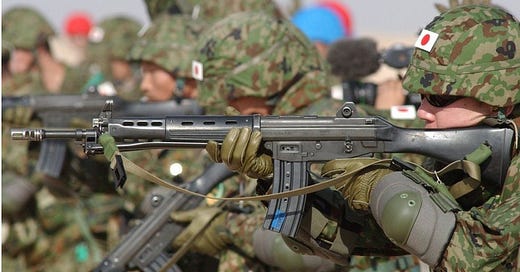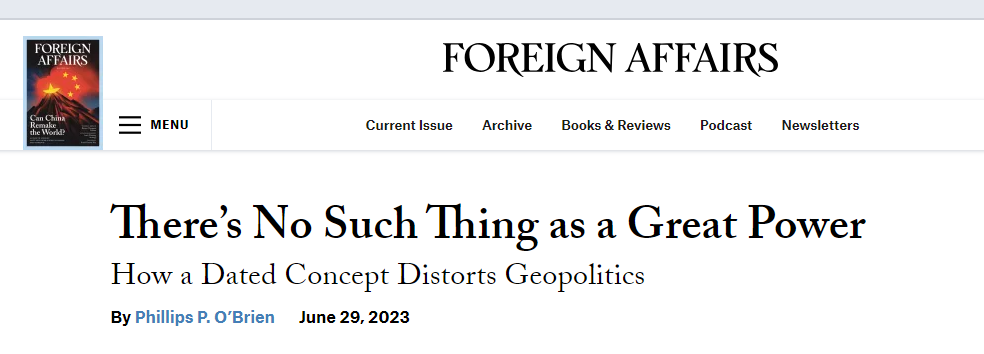War and Deterrence in the Indo-Pacific: Allies Could Determine a Great Deal
Dont just look at the US and China
Hi All,
Update: I started this piece planning to write about the role of Allies and Non-Aligned States (both of which are crucial). However I wrote the part on possible Allies, and it was more than long enough—so will discuss the non-aligned next week. I fear this series might grow exponentially….Sorry!
This is Part 2 of the series I’m writing about war and deterrence in the Indo-Pacific. Its a series that has emerged from a detailed CSIS workshop on the subject I attended in early June (discussed here). Part 1 was my attempt to add some reflections to the discussion based on what happened in the Pacific in World War II.
This piece emerges because the more we discussed the issue, the more I reflected in it, the more important the role that other states—either as allies or even as active non-aligned—could play emerged as a major consideration. It could even be said that states other than the USA or China could determine the effectiveness of deterrence or even the outcome of any conflict. Allies would provide enormous advantages, but also great obligations on the USA, whereas the non-aligned (as we see in the Russian Invasion of Ukraine) can play very important roles in supporting or denying either side.

Allies Matter
One of the reasons I’ve ended up calling for the end of the “Great Power” vision of international politics is that it exaggerates the power of many larger states (see Russia).
That exaggeration happens in many areas—but one of its foundational ones is that it looks at a “great” power and assumes that it can act to a great deal on its own. Actually, international politics in the 19th-21st centuries (and arguably throughout history) are normally determined by coalitions of powers acting together—and the better organized and larger coalition, not the largest power, normally triumphs.
This, btw, is a generally overlooked issue in strategic history. The Peloponnesian War (431-404 BCE), for instance, is usually seen as some titanic battle between Athens and Sparta. However the end result was determined as much by the alliance politics of each than the actual power of the two states (which was surprisingly evenly matched).
Keep reading with a 7-day free trial
Subscribe to Phillips’s Newsletter to keep reading this post and get 7 days of free access to the full post archives.




